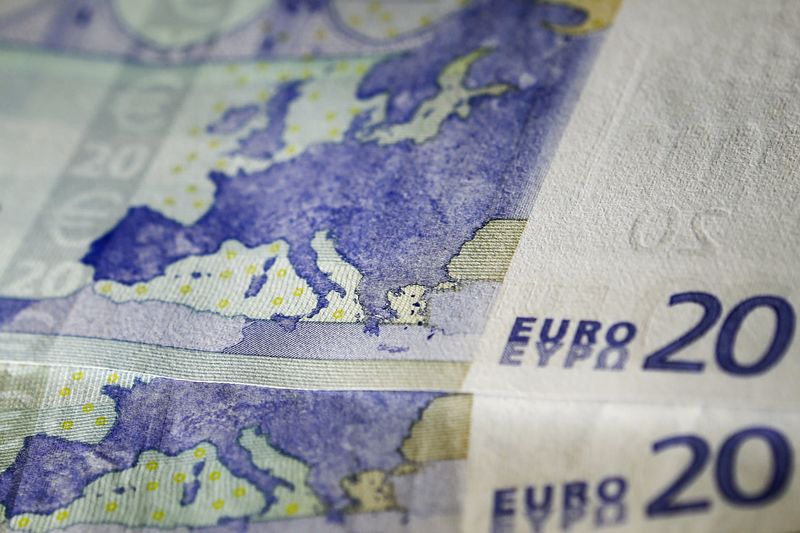Investing.com - The euro was at session lows against the other major currencies on Tuesday as a deadlock with Greece and its lenders continued, fueling fears over the prospects of a Greek default and exit from the euro zone.
EUR/USD touched lows of 1.1210 and was last at 1.1215, down 0.62% for the day.
Talks between Greece and European officials on Sunday ended without an agreement after Greece failed to submit new reform proposals, bringing Athens one step closer to default.
Europe wants Greece to make spending cuts worth €2 billion in order to secure a deal that will unlock additional funds before its bailout expires at the end of June and it must repay €1.6 billion to the International Monetary Fund.
Prime Minister Alexis Tsipras told opposition leaders on Tuesday that Greece will not pay the IMF on June 30 if a deal with creditors is not reached.
Greek Finance Minister Yanis Varoufakis said earlier Tuesday that he was not planning to present new reform proposals at a meeting of the eurogroup of euro zone finance ministers due to be held on Thursday.
Meanwhile the yield on Spanish, Italian and Portuguese bonds jumped higher on Tuesday, as the prospect of a Greek default spooked markets. Yields rise as prices fall.
Also Tuesday data showed that German investor sentiment deteriorated sharply this month, hit by uncertainty over Greece’s future.
The ZEW economic expectations index dropped to 31.5 from 41.9 last month, worse than expectations for a decline to 37.1.
The euro was also weaker against the yen and the pound, with EUR/JPY down 0.59% to 138.40 and EUR/GBP losing 0.72% to trade at 0.7180.
The U.S. dollar index, which measures the greenback’s strength against a trade-weighted basket of six major currencies, was up 0.38% to 95.43 boosted by weakness in the euro.
Investors remained cautious ahead of Wednesday’s Federal Reserve monetary policy statement, which will be closely watched for any indications on the timing of rate hikes.
Recent stronger economic reports, including on jobs growth and retail sales have boosted expectations that the Fed may start to hike rates at its September meeting.
